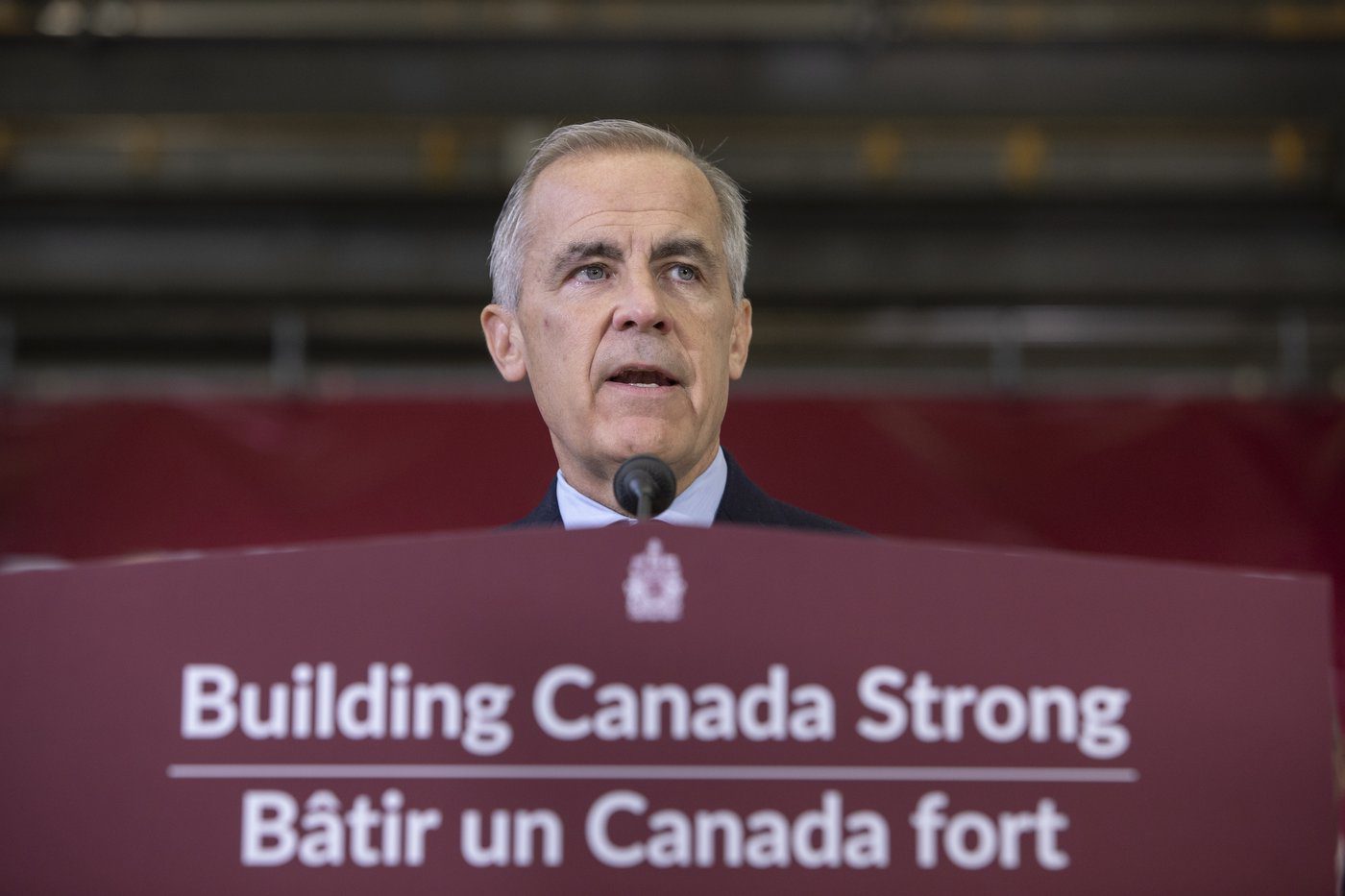When Prime Minister Mark Carney revealed initial batch of projects Canada aims to fast-track, he mused about another endeavour that didn’t make the list: a sovereign cloud.
“This would build compute capacity and data centres that we need to underpin Canada’s competitiveness, to protect our security and to boost our independence and sovereignty,” Carney said Thursday.
“This will give Canada independent control over advanced computing power while reinforcing our leadership in artificial intelligence and quantum.”
But what is a sovereign cloud? The Canadian Press asked Guillaume Beaumier, an assistant professor of political science and international studies at l’École nationale d’administration publique in Quebec, to break down the concept.
What is a sovereign cloud?
A sovereign cloud is a computing environment companies use to run services. They can be set up to comply with a specific country’s laws or core values.
Sovereign clouds can give users greater control over their data’s residency and privacy by allowing companies to decide where the information is kept, who can access it and what legal protections will safeguard it.
With a sovereign cloud, companies can ensure the data and infrastructure their services run on are confined to their own country, avoiding access from other nations, said Beaumier.
Why does Canada need a sovereign cloud?
Companies like Amazon and Microsoft have already started to develop sovereign clouds, Beaumier said.
“The issue with that is basically that since they are foreign companies, they remain subject to the laws of the United States,” said Beaumier.
The Cloud Act allows the U.S. government to ask American companies that have offices or infrastructure in other countries to hand over data they have abroad if it is needed for law enforcement.
This act and others could put Canadian data at risk, especially as the country is locked in a trade war with its southern neighbour.
“So the goal here from the current Canadian administration is to develop something that would be led by the government or by Canadian companies to avoid this risk,” Beaumier said.
What does it take to develop a sovereign cloud?
Lots of money.
Sovereign clouds are costly because they require a high number of chips and servers that can store and analyze data. They also require cooling systems that can keep them operating as they heat up, said Beaumier.
Last year, Amazon said it would invest the equivalent of about $12.7 billion in a sovereign cloud project in Europe.
In addition to money, powering sovereign clouds requires massive amounts of electricity.
Is Carney’s idea a good one?
Given the current trade war and increasing concerns about data privacy, Beaumier expects Carney to find a lot of support for a sovereign cloud.
However, he said that if the country ends up relying on one or a few Canadian companies for the cloud, it might develop a market that “lacks competition” and “we might not even get better services than before.”
“One issue with the current cloud market that we have is that it is highly concentrated. There are only a very few companies offering these services,” Beaumier said.
“(They) can then gain market power, basically, and they can try to extract more revenues from their users — either the governments or companies.”
This report by The Canadian Press was first published Sept. 12, 2025.
Tara Deschamps, The Canadian Press





